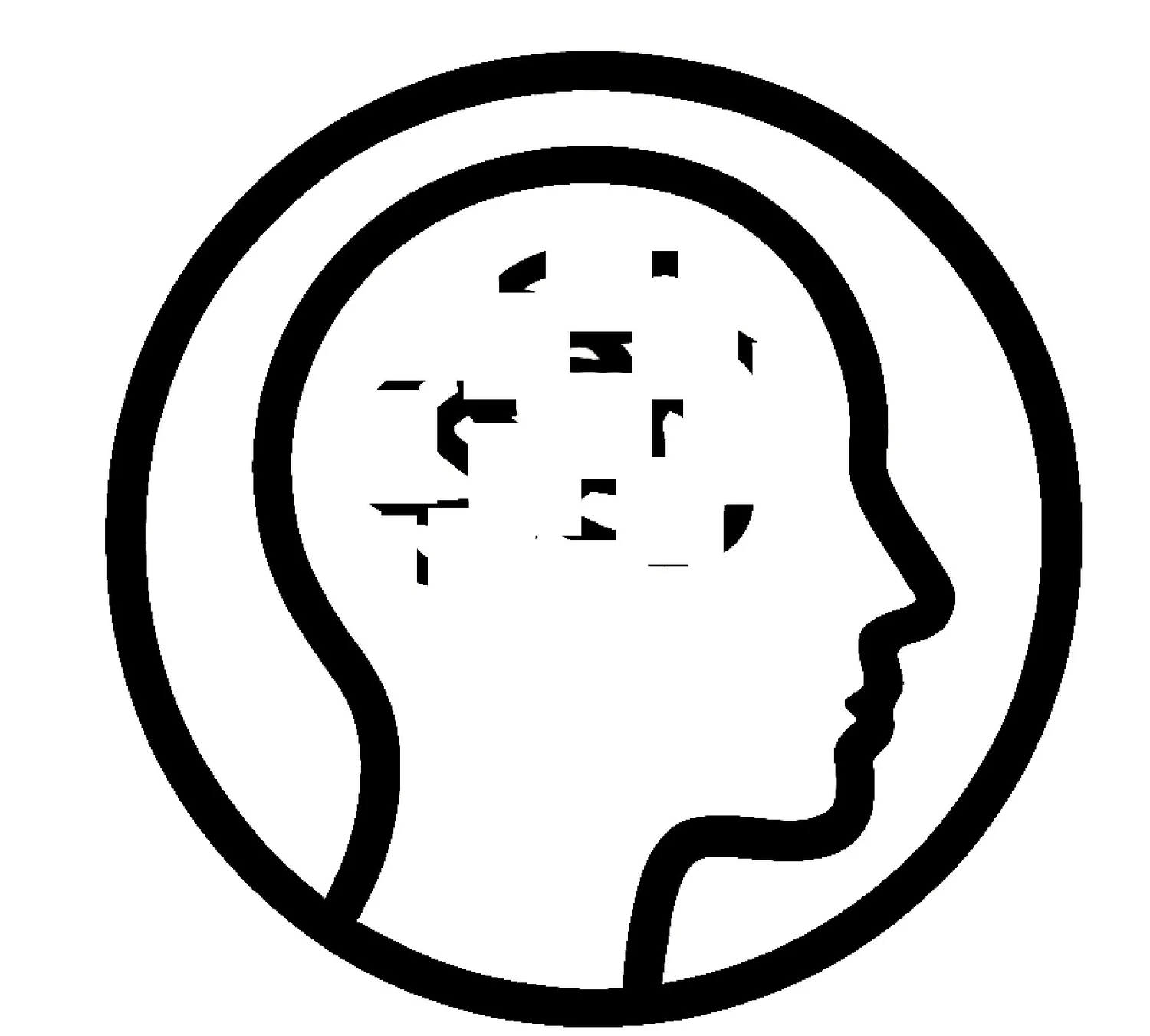Am I Normal or Do I Need Help? When Is the Right Time to Seek Mental Health Support?
Am I Normal? Do I Need Help?
These are questions we often ask ourselves when life feels heavy or confusing. We all know there are many ways to feel, think, and behave—even if some patterns are more common than others. Yet, we may still wonder whether our ways are the “right ones.”
While life brings moments of joy, it also brings suffering—moments we often wish we could escape. At times, we may even ask ourselves: Am I suffering too much?
Suffering can arise from circumstances beyond our control, but sometimes we also hold ourselves responsible for our own pain—or even the pain experienced by others. It is natural to ask: Should I change my ways?
When Seeking Help Is Clear and Urgent
There are situations where it is clear that professional mental health help is necessary—when a person is in danger, putting others at risk, or unable to function at a basic level. In such cases, intervention is urgent and may even involve involuntary psychiatric holds. Please call 911 if you or someone you know is in any life-threatening situation.
If you are experiencing thoughts of self-harm or suicide, or are in emotional crisis, call or text the 988 Suicide and Crisis Lifeline at 988, or chat online at 988lifeline.org.
When Seeking Help Is Less Clear and Less Urgent
Outside of these extreme situations, a useful way to consider seeking help is to reflect on whether your thoughts, feelings, and behaviors are impacting your personal life—how you experience your internal and external worlds, relate to others, and function in daily life.
Common examples of mental struggles include:
Anxiety about small decisions may prevent you from enjoying moments that used to feel easy.
Negative thoughts may make everyday interactions stressful, causing withdrawal from friends or loved ones.
Frequent arguments or disconnection from people who matter to you can leave you feeling isolated.
Daily routines like work, school, or self-care may feel overwhelming.
Intense mood swings can leave you exhausted and uncertain about your reactions.
Observing patterns of suffering and disruption in one’s well-being and daily life can help you determine whether seeking mental health support is the right step. Sometimes, an outside observer—such as a friend or family member—may notice these struggles more clearly than we do ourselves. If you—or someone in your life—feel that these struggles are affecting your well-being, it may be time to reach out for professional help.
When Everything Seems to Be Right
Mental health, particularly through psychotherapy or psychoanalysis, can also be approached as a path to self-awareness—even when everything feels “right” and you do not experience obvious symptoms. This perspective emphasizes curiosity and self-discovery more than simple symptom reduction. It invites exploration of our challenges as windows into our conscious and unconscious experiences, offering insights that illuminate patterns from our past and present and provide a deeper understanding of ourselves.
Mental Health as Part of Your Life Journey
Wherever you are in life, there is likely room for mental health support. It all begins with the first step. When in doubt, seeking help is never the wrong choice. Even when everything feels right, mental health support may help you continue your journey of self-discovery and move closer to your true potential and well-being. And who wouldn’t want that?
— Helder Araujo, MD PhD
